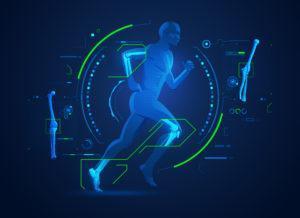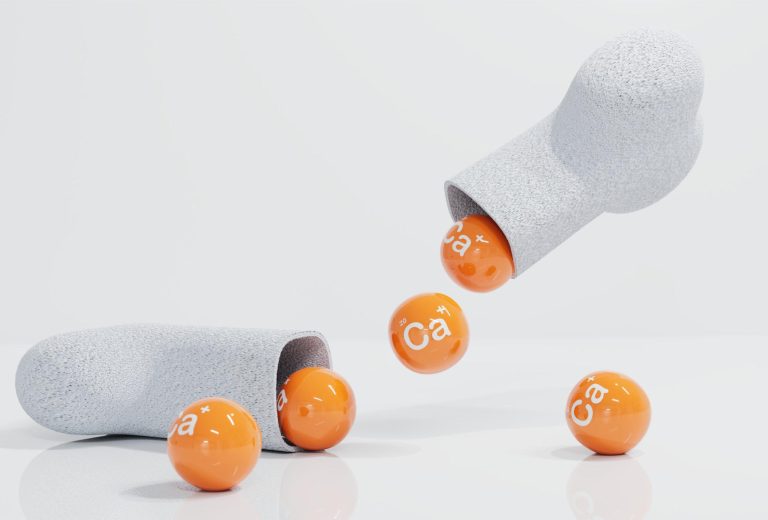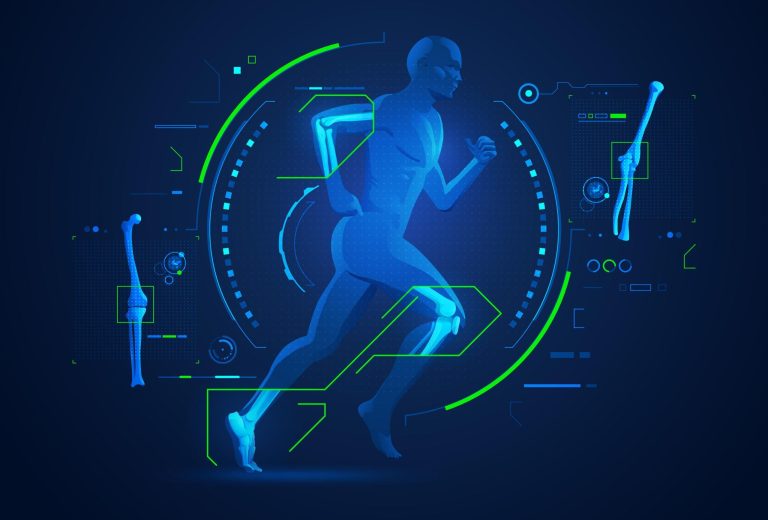We’ve all seen that meme with a plate of tablets or watched a sci-fi movie where a person pops a tablet into their mouth instead of a meal. The story we are being told is that our future selves will get all our nutrition from a pill. Could this be our future?
Perhaps, but right here and now, we still get to enjoy a great meal around a table with friends and family. In fact, we still need to approach our nutrition from a number of angles. We need good quality food, adequate supplementation for our life stage and exercise that works for our body and mind. So what does that look like?
If we take calcium (as one mineral of many vitamins and minerals our body needs to function) as an example of how our body needs more than just one tablet, we can unpack all the ways in which we take in calcium and how all means of ingestion are important.
We know that calcium is important for bone health, throughout our lives, and without enough calcium, children may not reach their full potential adult height and adults can end up with osteoporosis. So we definitely need calcium! The important thing is to get the right amount, depending on your life stage:
Calcium RDA
| Men | |
| 19-50 yrs | 1000mg |
| 51-70 yrs | 1000mg |
| 71 and older | 1200mg |
| Women | |
| 19-50 yrs | 1000mg |
| 51-70 yrs | 1200mg |
This is quite a general view of calcium requirements, and you should be aware that if you follow a vegan diet, have lactose intolerance, are on chronic corticosteroids or have a gut disease that may result in your inability to absorb calcium, then these amounts above may not be enough and you should chat to your health care provider about how to supplement your diet correctly in order to get the amount of calcium you need. Don’t try and tackle this alone, taking too much calcium can be dangerous and studies are being done on the possible link between hypercalcemia (too much calcium in the blood) and heart disease.
One way to get enough Calcium into your body is to eat calcium rich foods. This avoids the risk of hypercalcemia; however, you have to be vigilant and consistent. Good dietary sources of calcium include:
- Almonds
- Oranges
- Dried figs
- Soybeans
- Garbanzo, white and pinto beans
- Low-fat dairy (milk and yogurt)
- Leafy green vegetables (kale and spinach)
You can also take a look at some of the recipes we have created for you here, which should help inspire a few calcium rich meals.
Also remember, if you are at risk of not being able to properly absorb calcium, then a supplement is going to be required. If you are worried about overing doing your calcium intake, one way to avoid overdoing supplements is to take a supplement that has just the right amount of supplemental calcium! According to experts, we shouldn’t be getting more than 500mg of calcium at a time, because the body cannot process more than that. Therefore, it’s probably not worth taking a supplement with more than that amount. Menacal.7™ contains 500mg of calcium carbonate as well as Vitamin K2, which plays an important role in calcium absorption and Vitamin D3, which helps in the absorption of calcium and reducing the urinary loss of calcium.
Over and above food intake and supplementation of calcium, if you still feel as though you require more protection for your bones, then you should include some form of exercise in your daily activity that helps promote bone strength. Weight-bearing exercises such as walking, jogging and weight training are helpful in preventing bone loss, and even a simple 20-minute walk during your lunch hour could make a difference.
So until they invent that magic tablet that gives you everything food, exercise and a supplement offer, perhaps you should consider figuring out the best foods and supplements for you, as you currently are!


